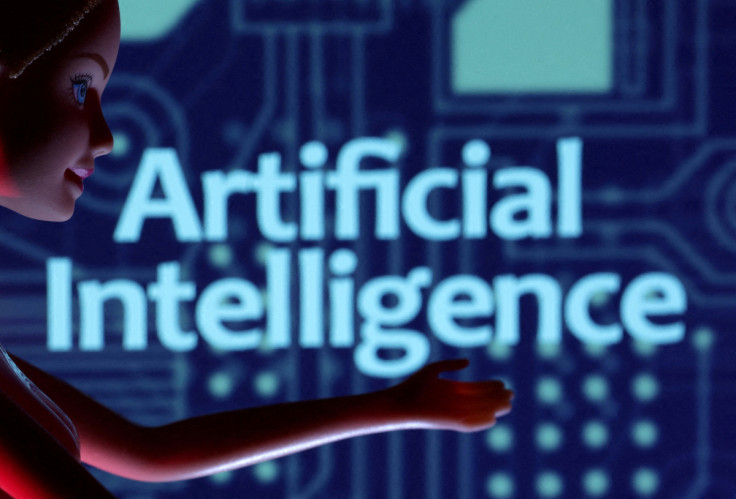New video AI a 'game changer' for businesses, claims its creator
Today, StoryKit, a major video software company, announced the release of "video AI" product descriptions, with the CEO describing it as a "game-changer".

Unless you have been living under a rock, you will have read, watched or heard something about AI in the last few months.
The creation of the natural language processing tool Chat GPT in November 2022 thrust artificial technology into the mainstream discourse, causing significant excitement as well as an alarm at the potential for AI to harm the human race.
According to the latest available data, ChatGPT currently has over 100 million users, and the website generates 1 billion visitors per month. This user and traffic growth was achieved in a record-breaking two-month period (from December 2022 to February 2023).
AI is not a new phenomenon – every time you use a smart device or some sort of slick technology – be it a smartwatch, smart speaker, security alarm, or even customer service chat box - you're engaging with AI.
And in 2019, The World Intelligence Property Organisation reported that AI was the most prolific emerging technology in terms of the number of patent applications and market size.
However, concern over the rapid speed of development in the field over recent months has led a group of scientists, as well as several high-profile figures in the technology industry, to sign an open letter calling for a 6-month delay to all AI enterprises, to allow time for legislation to catch up with advancements in the field.
Global leaders should be working to reduce "the risk of extinction" from artificial intelligence technology, a group of industry chiefs and experts warned on Tuesday.
Last week, at the G7, Rishi Sunak expressed cautious optimism at the potential of AI, suggesting that "if used correctly" it has the power to do great things for the UK.
He claimed that the UK would "lead" in limiting the dangers of artificial intelligence. The innovation of tools such as ChatGPT has coincided with products in other industries being transformed by AI. The adoption of AI technology in the built world, for example, is a recent trend.
For the first time, AI-enabled startups in the built world raised as much as the finTech sector in 2022, and in both 2021 and 2022, AI deals in the built world overtook the FinTech AI sector, reaching over 600 deals globally in 2021 alone.
Developments in this area are largely centred around real estate transactions, smart buildings, and construction startups which found new solutions to sustainability and environmental issues.
And the built world is not the only field to be transformed by AI.

Today, StoryKit, a major video software company, announced the release of "video AI" product descriptions, which can be converted into full-funnel video marketing campaigns.
Peder Bonnier, CEO and founder of Storykit describes the new AI solution as a "game changer".
He stated: "Input any source material into the tool, choose which output you want – then you're done."
The CEO further added: "This means that video creation is no longer a specialised role but a task anyone can do." According to Bonnier, what sets Storykit apart from its competitors is its text-based video process.
The vast majority of all video views on social media have for a long time happened without sound, making text-driven videos predisposed for success.
By leveraging text, Storykit aims to empower anyone within an organisation to create videos, as writing skills are more common than video editing expertise.
They've incorporated AI to enhance production speed while maintaining user control over video creation. The software now has the ability to match text with images and clips to create complete videos.
Fredrik Strömberg, CPO and founder of the video content company emphasises that the use of AI in its process won't impact the originality of the content produced, or the integrity of the brand.
"We've ensured that Storykit provides high-quality output and that the AI won't confabulate content. As a result, users can trust that their messaging remains on-brand since their videos are based on their input," says Strömberg.
The creation of video AI is just one more development in a market now worth a reported $196.63 billion. Despite calls for a pause in advancements, it seems companies are pushing ahead with plans to incorporate AI into their existing products.
Microsoft has gone the furthest in pushing out the technology to consumers and has pledged to pump billions of dollars into OpenAI, the company behind ChatGPT.
In February, Google unveiled Bard, a ChatGPT-like conversation robot that is powered by its large language model called LaMDA.
© Copyright IBTimes 2025. All rights reserved.






















